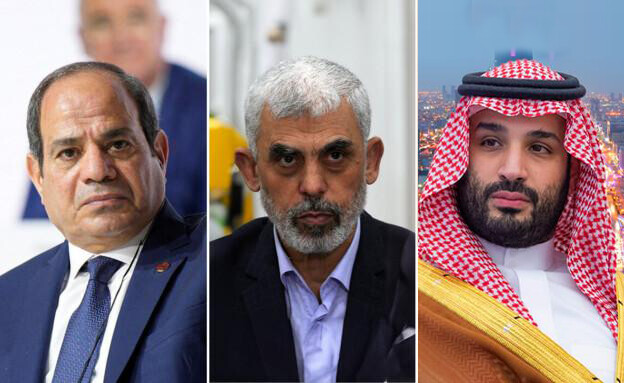The government of Portugal, led by Prime Minister Luís Montenegro, issued a statement on Saturday expressing that they have no intention of creating a specific process or program aimed at repairing the country’s former colonies. This position contradicts the statements made by President Marcelo Rebelo de Sousa, who has advocated for forms of compensation for former colonies. The government emphasized that they will follow the previous governments’ approach of cooperation with previously colonized states but rejected any reparations projects.
The Portuguese government’s stance on reparations was met with criticism from both left-wing and right-wing parties in the country. While President Rebelo de Sousa has called for some form of compensation, the right-wing Chega party led by André Ventura vehemently opposes the idea. Chega stated on social media that they are proud of Portugal’s history and will not apologize for their ancestors’ actions, calling Rebelo’s statements a betrayal of the homeland and the Portuguese people.
On the other hand, left-wing parties in the Portuguese Parliament are expected to introduce proposals on the topic of reparations in the coming days, sparking further discussion on the issue. The debate surrounding reparations is complex and emotional, with many arguing that Portugal has a moral obligation to make amends for its past actions. However, others argue that it is impossible to undo past wrongdoings and that Portugal should instead focus on building bridges with its former colonies through cooperation and mutual respect.
Despite this disagreement over how to address Portugal’s colonial past, there is widespread agreement among political leaders that deepening mutual relations and respecting historical truth are crucial for building a better future for all peoples involved.



